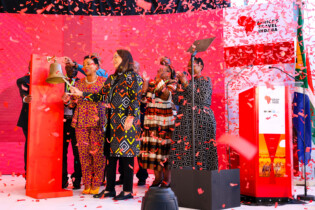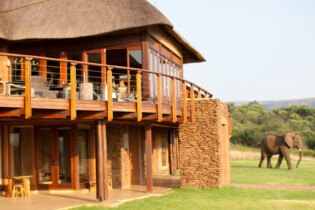Stay on top of your industry game
In this exclusive interview AIPC president talks about the latest trends in the MIC E industry when it comes to greening, budgets, international congresses, security issues and more.
1. Are participation numbers in international congresses rising, stable or going down?
According to the statistics we’ve seen, they’ve gone down somewhat, but it’s not clear if this is a temporary phenomenon due to economic conditions and government restrictions or if they reflect longer term trends associated with factors like hybrid meeting participation. They’re also getting shorter, which is likely a reflection of the time pressures so many delegates are dealing with these days. The result is to create a need to be much more efficient with programmes and to extend the scope of meetings via pre and post interactions through vehicles such as social media.
2. Are companies and associations budgets that participate in international congresses rising, stable or going down?
I think it’s fair to say that budgets are tighter all around due to economic conditions, and meetings will have been impacted along with many other areas. However, surveys show that both organisers and participants still value the experience and values of events and anticipate increasing investment once conditions improve. Everyone is looking more than ever for value and economies, and that challenges both centres and their clients to come up with more creative solutions.
3. What role do new technologies play, for example in congress management?
There are three areas; first, the use of on-site technologies to facilitate more efficient operations such as registration, distribution of support materials and event updates; secondly, the ability to enhance sessions through devices enabling greater audience participation and more sophisticated presentations, and thirdly, delegate interactive elements like social media and locating devices for participants. The latter is very interesting because if properly used, it can extend the life of the meeting considerably pre and post-event and enable participants to interact more effectively and create special-interest groups that can plan in advance, follow up after the event and create sub-components at the event itself.
4. What is being done at congresses for the environment? Do the so called ‘green meetings’ fulfil what their name promises?
Sustainability is now a reality in the industry; not so much a topic of debate because it’s taken for granted. Convention centres are far ahead in this regard because they have always had a number of different groups to satisfy; not just clients but also owners, governments and communities who want to see greater attention to environmental standards. One of our recent surveys showed that extensive environmental policies and programmes are now in place at well over 90%of member centres worldwide, meaning it’s easier for clients to access what they need for greening their meetings.
5. Which trends are being observed concerning security, strikes and other external influences?
The events of this decade have made centre managers aware of the risks and more effective in planning for these. As a result, security and crisis management plans are more rule than exception. With these in place, organisers find it easier to identify and implement their own needs. The key is to make them as unobtrusive as possible so that they don’t affect the ambiance of the event or make delegates uncomfortable.
6. Other trends you’d like to talk about?
With finances tight all around, I think the biggest pre-occupation everyone has today is how to make the financial equation work better for all concerned. Many organisers have less in the way of resources and need additional value as well as more on-site help. On the other hand, centres – particularly those owned by governments – are less able to absorb the additional costs or reduce rental and service rates. Everyone needs to work together on greater value and efficiency and be prepared to look at new ways to share risks and rewards if the industry is to be able to continue to deliver what delegates want and participating organisations need.






